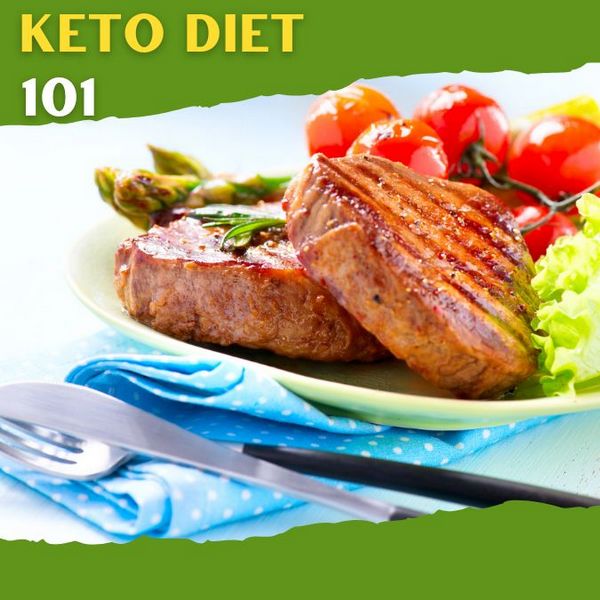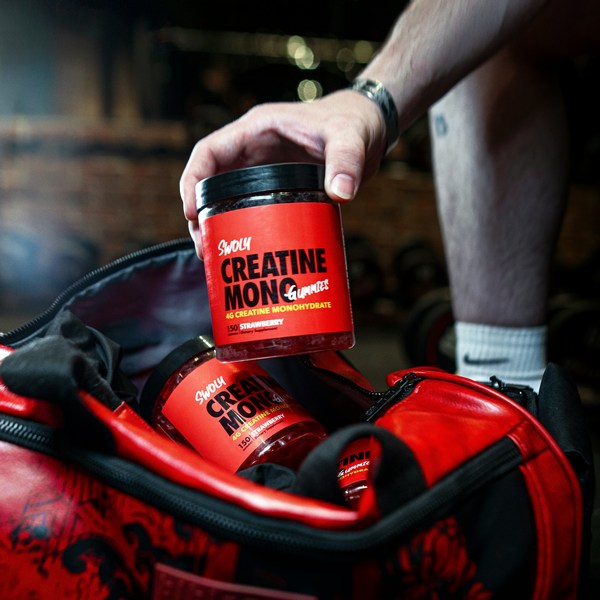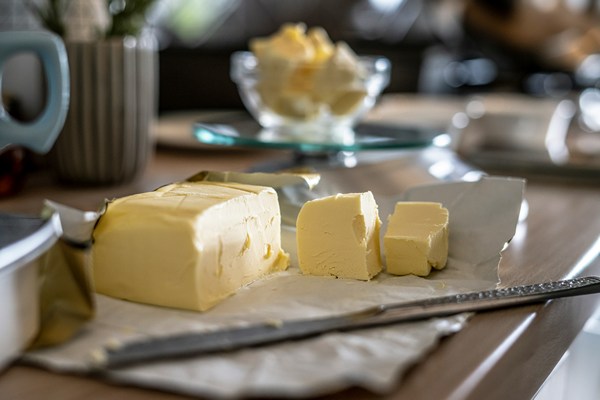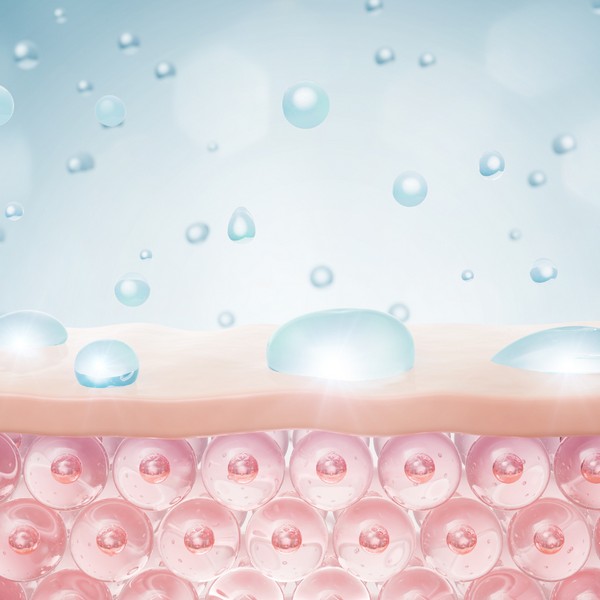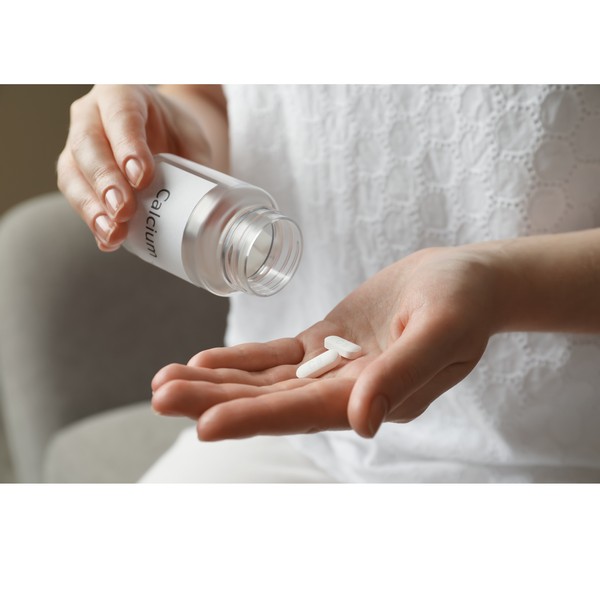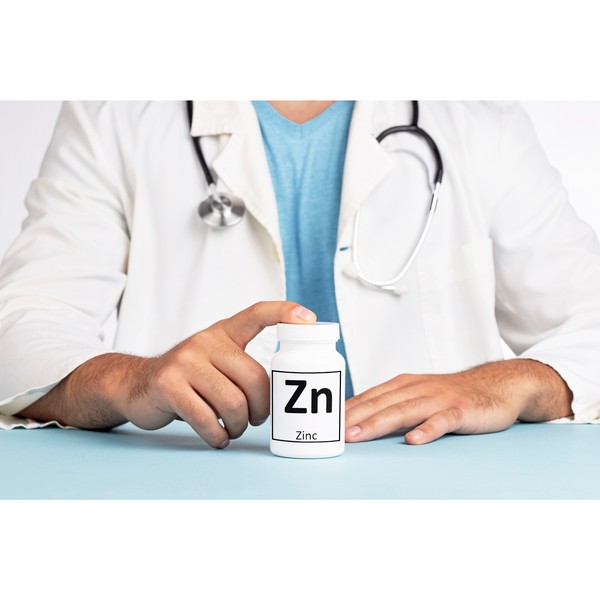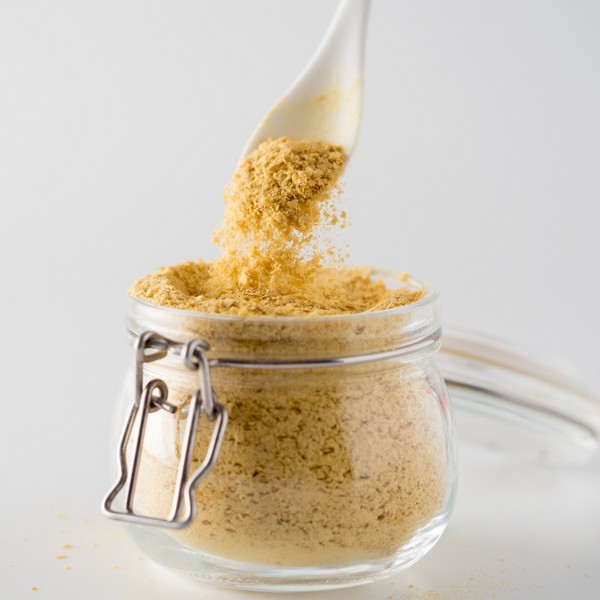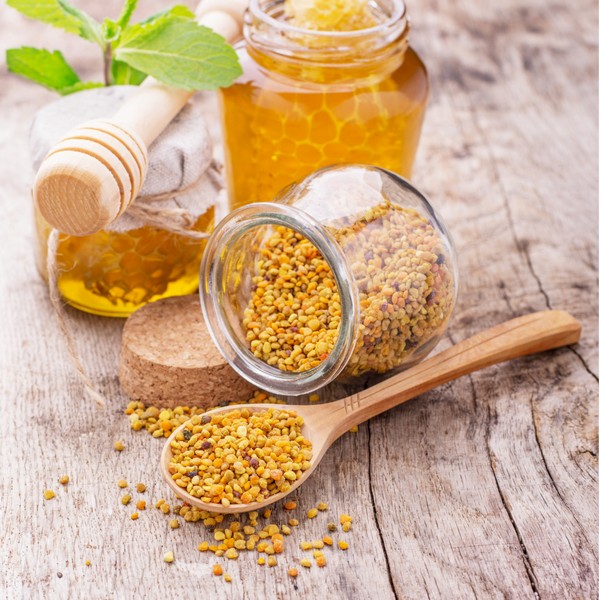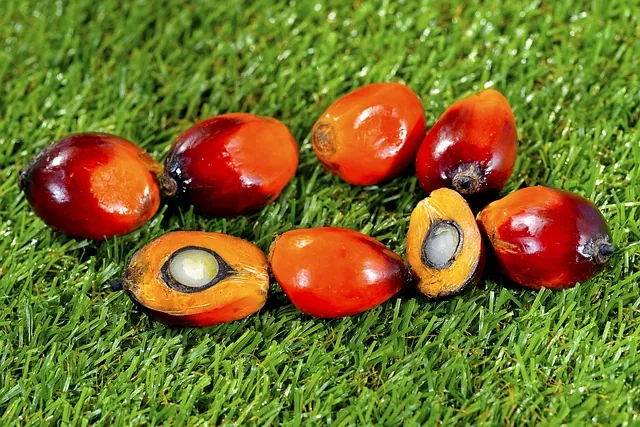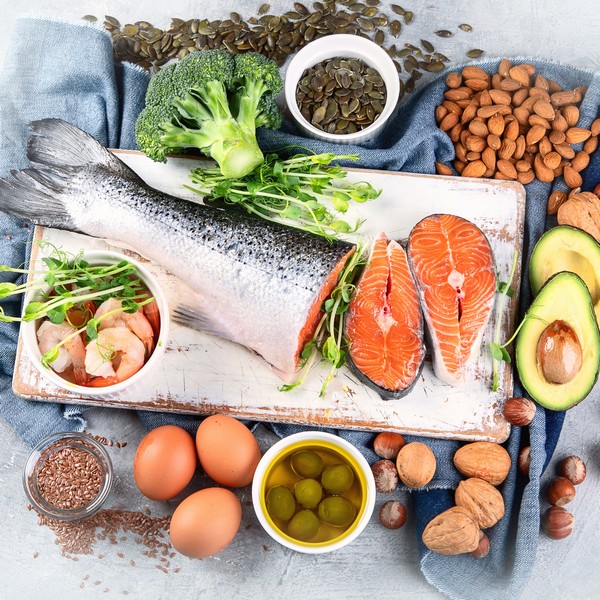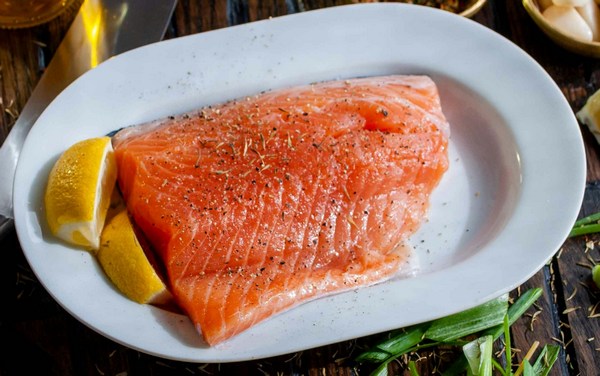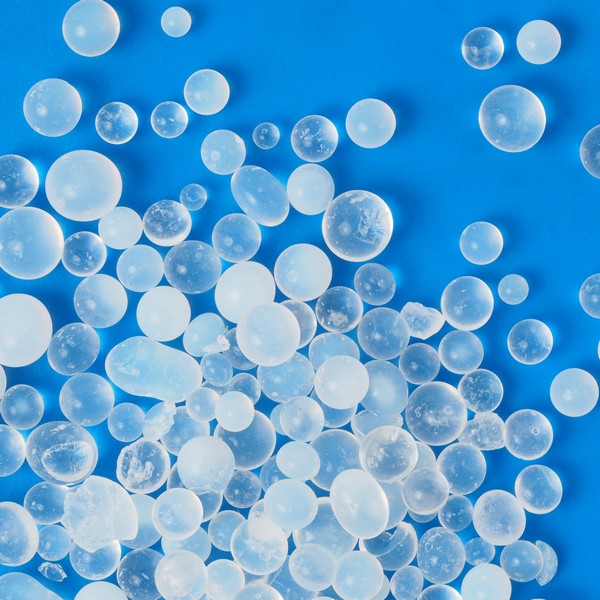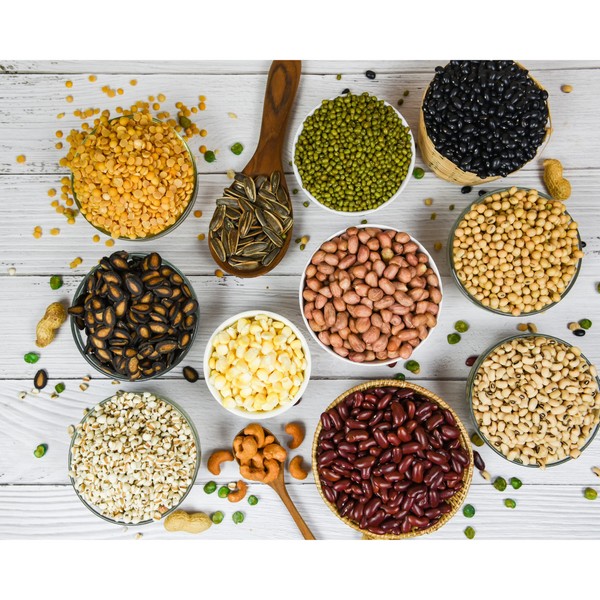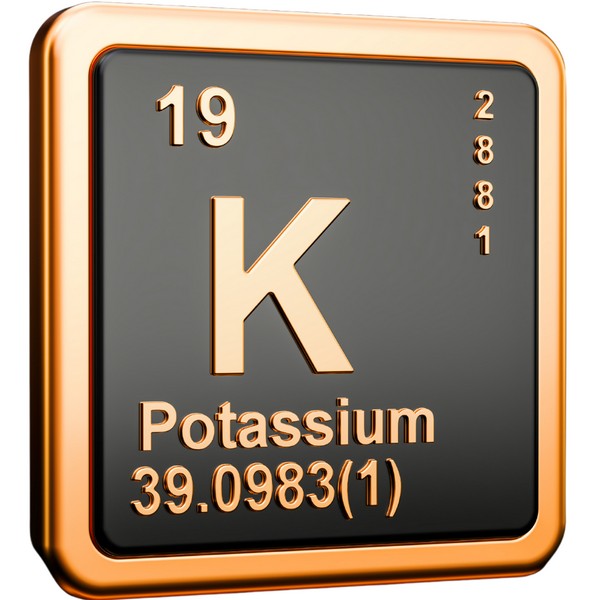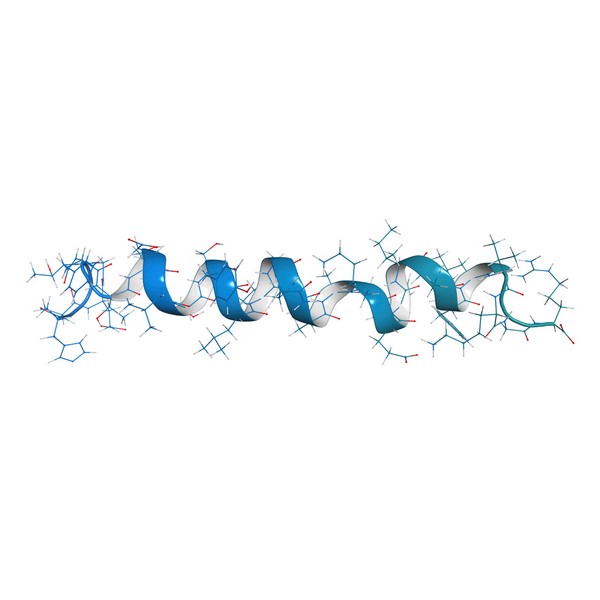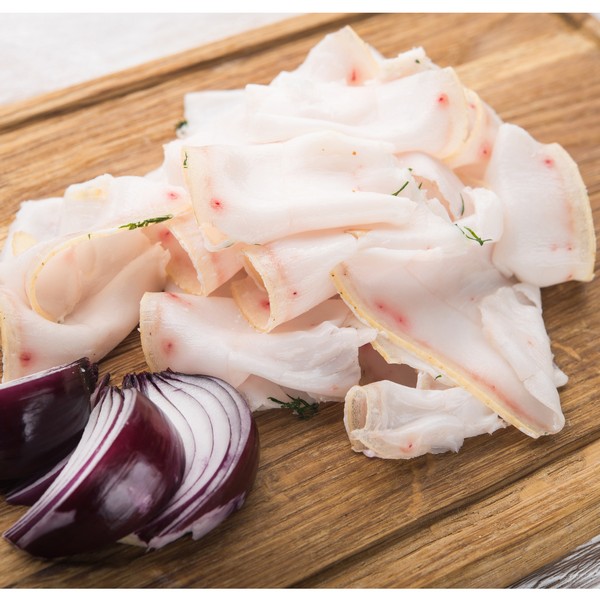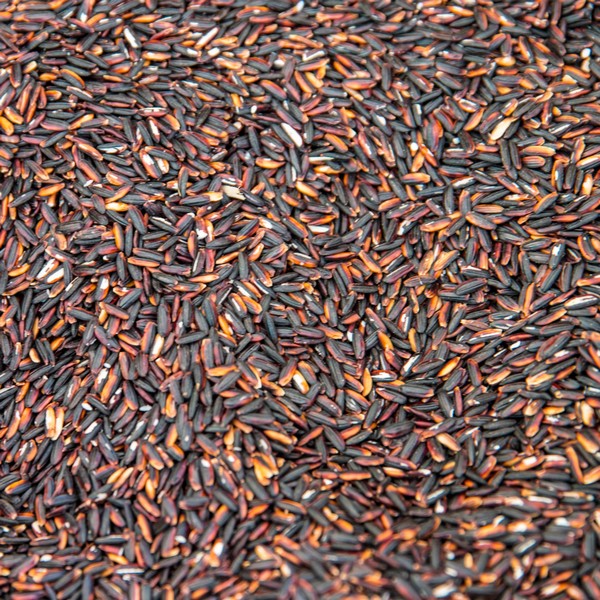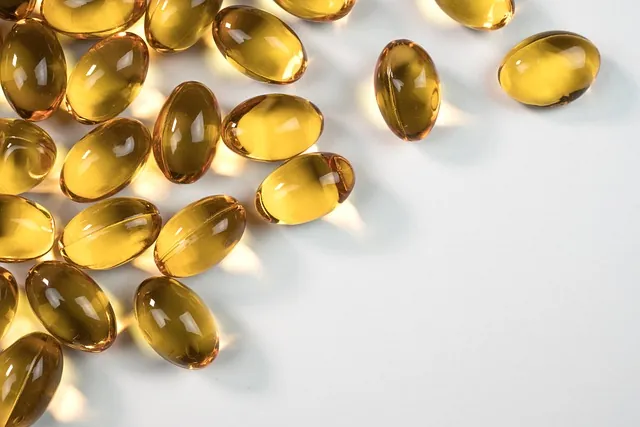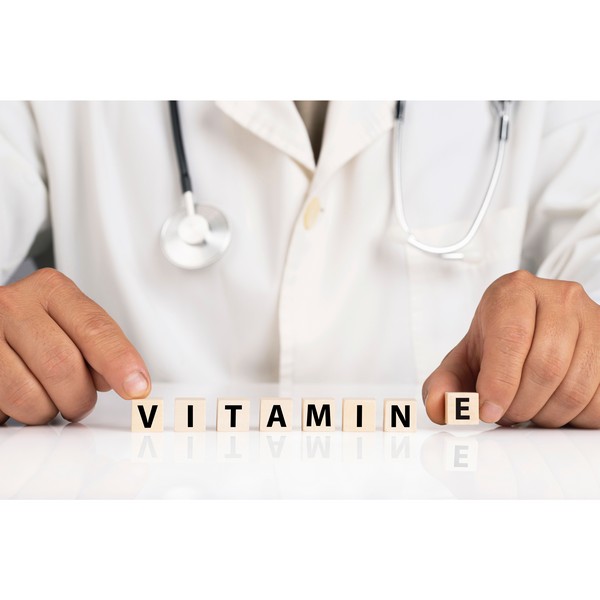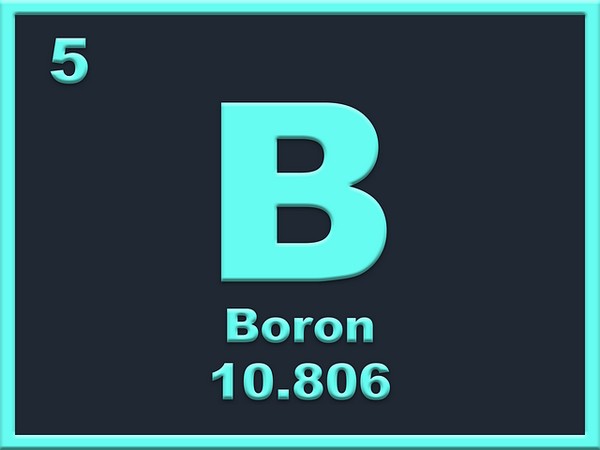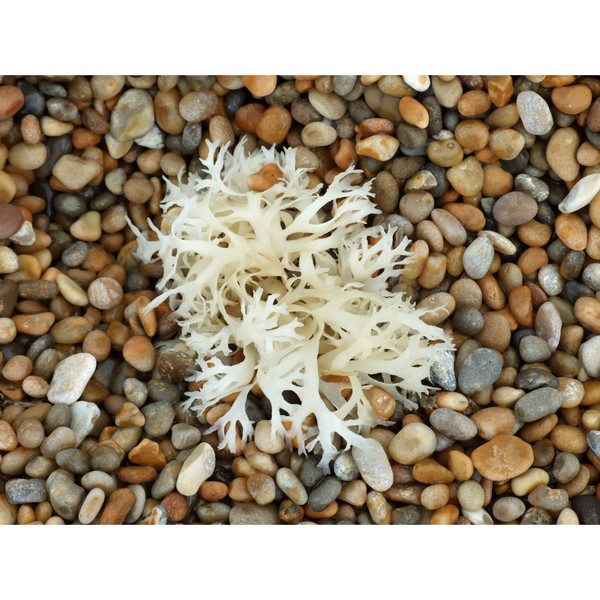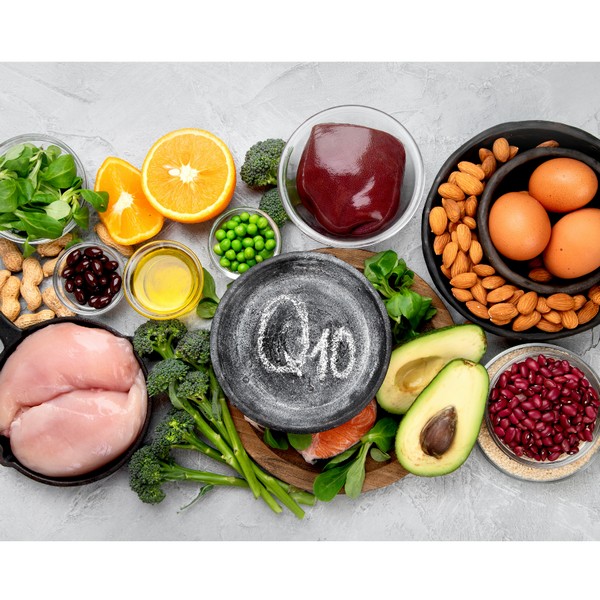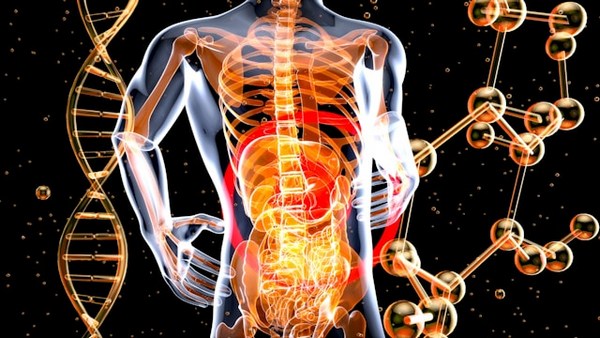Key Takeaways
- TUDCA promotes liver health, aiding cell protection and repair.
- Enhances digestion by improving bile flow and supporting gut health.
- May protect brain health through reduced oxidative stress.
- Can support cardiovascular health by balancing cholesterol.
- Shows potential for improving metabolic health and insulin sensitivity.
What is TUDCA
TUDCA, short for Tauroursodeoxycholic Acid, is a bile acid derivative naturally present in small amounts within the human body.
Used traditionally in Chinese medicine, TUDCA has gained attention for its liver-protective and cellular-supporting qualities.
Available as a supplement, it is sought after for promoting liver function, digestive health, and more.
How TUDCA Works in the Body
TUDCA plays a role in liver and digestive health by reducing cellular stress and promoting detoxification. As a bile acid, it helps with fat breakdown and absorption, aiding overall digestion.
TUDCA also provides cellular protection, reducing inflammation and supporting natural cell repair mechanisms.
Key Health Benefits of TUDCA
Liver Health Support
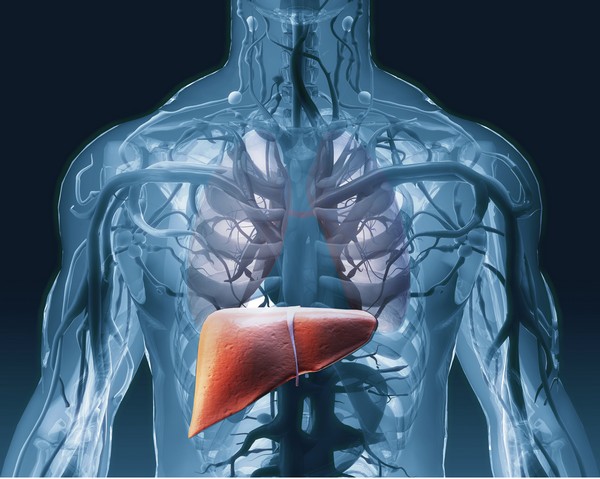
TUDCA supports liver health by protecting liver cells from stress and inflammation, which can help reduce elevated liver enzymes.
This makes it beneficial for individuals with liver issues, such as fatty liver disease, or for those looking to maintain optimal liver function.
Digestive Health
As a bile acid, TUDCA promotes healthy bile flow, which assists in fat digestion and balances the gut environment.
This improved bile flow also helps reduce inflammation in the digestive tract, supporting gut barrier integrity and efficient nutrient absorption.
Brain Health Protection
TUDCA has antioxidant properties that protect brain cells from oxidative stress, a factor linked to neurodegeneration and cognitive decline.
Reducing cellular stress and inflammation may improve mental clarity and support brain health, making TUDCA valuable for long-term cognitive support.
Cardiovascular Health

TUDCA benefits cardiovascular health by supporting cholesterol balance and promoting artery health.
Its anti-inflammatory effects further contribute to heart health, making it a useful supplement for those aiming to support their cardiovascular system naturally.
Metabolic Health and Insulin Sensitivity
Research suggests that TUDCA may improve insulin sensitivity, helping maintain healthy blood sugar levels.
This benefit can be particularly valuable for individuals managing metabolic health issues, as well as those aiming to improve fat metabolism and overall energy balance.
Potential Side Effects and Risks
Most people tolerate TUDCA well, though mild side effects like digestive discomfort or headaches may occur.
Pregnant and breastfeeding women, along with individuals with certain health conditions, should consult their healthcare provider before using TUDCA.
TUDCA may also interact with some medications, making professional guidance important for those on prescription drugs.
Recommended Dosage and Usage Guidelines
A typical TUDCA dosage ranges from 250-500 mg daily, depending on individual health goals. Taking TUDCA with meals is recommended to aid absorption.
Consulting a healthcare provider can help determine the best dosage and usage plan based on personal needs and health status.
Choosing a Quality TUDCA Supplement
When selecting a TUDCA supplement, look for products that are high-quality and third-party tested to ensure purity and potency. Avoid supplements with fillers or artificial additives and confirm they are manufactured in facilities that follow Good Manufacturing Practices (GMP). These measures ensure product effectiveness and safety.
FAQs
How long does it take to see benefits from TUDCA?
Most people notice improvements in liver and digestive health within several weeks, though results vary based on individual factors.
Is TUDCA safe for long-term use?
TUDCA is generally considered safe for long-term use when taken at recommended doses. A healthcare provider can provide guidance specific to individual needs.
Can TUDCA help with gallbladder health?
TUDCA supports healthy bile flow, which may reduce gallbladder inflammation and promote gallbladder health over time.
Are there any foods that naturally contain TUDCA?
TUDCA is present in small amounts in some animal bile sources, though it’s not typically found in significant levels in everyday foods.
Does TUDCA support detoxification?
TUDCA aids the liver’s natural detoxification processes, helping the body manage and excrete waste products more effectively.
Research
Albanese, A., Ludolph, A. C., McDermott, C. J., Corcia, P., Van Damme, P., H., L., Hardiman, O., Rinaldi, G., Vanacore, N., Dickie, B., Group, A. S., Tornese, P., Cocco, A., Giudice, M. L., Matteoli, M., Lauranzano, E., Malosio, M. L., Adriana Elia, C., Lombardo, F., . . . Obáin, N. N. (2022). Tauroursodeoxycholic acid in patients with amyotrophic lateral sclerosis: The TUDCA-ALS trial protocol. Frontiers in Neurology, 13, 1009113. https://doi.org/10.3389/fneur.2022.1009113
Berger, E., & Haller, D. (2011). Structure–function analysis of the tertiary bile acid TUDCA for the resolution of endoplasmic reticulum stress in intestinal epithelial cells. Biochemical and Biophysical Research Communications, 409(4), 610-615. https://doi.org/10.1016/j.bbrc.2011.05.043
Cabrera, D., Arab, J.P., Arrese, M. (2019). UDCA, NorUDCA, and TUDCA in Liver Diseases: A Review of Their Mechanisms of Action and Clinical Applications. In: Fiorucci, S., Distrutti, E. (eds) Bile Acids and Their Receptors. Handbook of Experimental Pharmacology, vol 256. Springer, Cham.
https://doi.org/10.1007/164_2019_241
Cardoso, I., Martins, D., Ribeiro, T. et al. Synergy of combined Doxycycline/TUDCA treatment in lowering Transthyretin deposition and associated biomarkers: studies in FAP mouse models. J Transl Med 8, 74 (2010). https://doi.org/10.1186/1479-5876-8-74
Lee, Y. Y., Hong, S. H., Lee, Y. J., Chung, S. S., Jung, H. S., Park, S. G., & Park, K. S. (2010). Tauroursodeoxycholate (TUDCA), chemical chaperone, enhances function of islets by reducing ER stress. Biochemical and Biophysical Research Communications, 397(4), 735-739. https://doi.org/10.1016/j.bbrc.2010.06.022
Lu, Q., Jiang, Z., Wang, Q., Hu, H., & Zhao, G. (2021). The effect of Tauroursodeoxycholic acid (TUDCA) and gut microbiota on murine gallbladder stone formation. Annals of Hepatology, 23, 100289. https://doi.org/10.1016/j.aohep.2020.100289
Ma, H., Zeng, M., Han, Y., Yan, H., Tang, H., Sheng, J., Hu, H., Cheng, L., Xie, Q., Zhu, Y., Chen, G., Gao, Z., Xie, W., Wang, J., Wu, S., Wang, G., Miao, X., Fu, X., Duan, L., Xu, J., Wei, L., Shi, G., Chen, C., Chen, M., Ning, Q., Yao, C. and Jia, J., 2016. A multicenter, randomized, double-blind trial comparing the efficacy and safety of TUDCA and UDCA in Chinese patients with primary biliary cholangitis. Medicine, [online] 95(47), p.e5391.
https://pubmed.ncbi.nlm.nih.gov/27893675/.
Mantopoulos, D., Murakami, Y., Comander, J., Thanos, A., Roh, M., Miller, J. W., & Vavvas, D. G. (2011). Tauroursodeoxycholic Acid (TUDCA) Protects Photoreceptors from Cell Death after Experimental Retinal Detachment. PLOS ONE, 6(9), e24245.
https://doi.org/10.1371/journal.pone.0024245
Nunes, A.F., Amaral, J.D., Lo, A.C., Fonseca, M.B., Viana, R.J.S., Callaerts-Vegh, Z., D’Hooge, R. and Rodrigues, C.M.P., 2012. TUDCA, a Bile Acid, Attenuates Amyloid Precursor Protein Processing and Amyloid-β Deposition in APP/PS1 Mice. Molecular Neurobiology, [online] 45(3), pp.440–454. https://doi.org/10.1007/s12035-012-8256-y.
Noailles, A., Fernández-Sánchez, L., Lax, P. et al. Microglia activation in a model of retinal degeneration and TUDCA neuroprotective effects. J Neuroinflammation 11, 186 (2014). https://doi.org/10.1186/s12974-014-0186-3
Oveson, B. C., Iwase, T., Hackett, S. F., Lee, S. Y., Usui, S., Sedlak, T. W., Snyder, S. H., Campochiaro, P. A., & Sung, J. U. (2011). Constituents of bile, bilirubin and TUDCA, protect against oxidative stress-induced retinal degeneration. Journal of Neurochemistry, 116(1), 144-153. https://doi.org/10.1111/j.1471-4159.2010.07092.x
Rani, S., Sreenivasaiah, P. K., Kim, J. O., Lee, M. Y., Kang, W. S., Kim, Y. S., Ahn, Y., Park, W. J., Cho, C., & Kim, D. H. (2017). Tauroursodeoxycholic acid (TUDCA) attenuates pressure overload-induced cardiac remodeling by reducing endoplasmic reticulum stress. PLOS ONE, 12(4), e0176071. https://doi.org/10.1371/journal.pone.0176071
Yanguas-Casás, N., Barreda-Manso, M. A., Nieto-Sampedro, M., & Romero-Ramírez, L. (2017). TUDCA: An Agonist of the Bile Acid Receptor GPBAR1/TGR5 With Anti-Inflammatory Effects in Microglial Cells. Journal of Cellular Physiology, 232(8), 2231-2245. https://doi.org/10.1002/jcp.25742
Zangerolamo, L., Vettorazzi, J.F., Rosa, L.R., Carneiro, E.M. and Barbosa, H.C., 2021. The bile acid TUDCA and neurodegenerative disorders: An overview. Life sciences, 272, p.119252.
Medium Chain Triglycerides (MCTs): Uncovering 5 Health Benefits
This potent, natural source of energy has gained considerable attention in recent years for its impressive array of benefits. MCT oil is a versatile addition…
Keto Diet 101: A Complete Beginner’s Guide
Key Highlights The ketogenic diet is a low-carb, high-fat diet that can lead to weight loss and has many health benefits. By reducing carbohydrate intake…
L-Glutamine and Gut Health: Benefits and Side Effects
Key Takeaways L-Glutamine is essential for gut health. Benefits include improved digestion and reduced inflammation. Potential side effects are rare but can occur in high…
6 Best Natural Ways to Manage Your Blood Sugar: A Quick & Easy Guide
1. Intermittent fasting2. Exercise3. Dietary fiber4. Sleep5. Weight loss6. SupplementationBioclinic NaturalsPGX BiotiquestSugar Shift Every time you eat it, it’s plotting something sinister. Sugar isn’t as…
Allulose: The Best Sugar Alternative
Key Takeaways Allulose is a low-calorie sweetener found naturally in some fruits. It does not raise blood sugar levels, making it suitable for diabetics. Allulose…
Liver: 5 Surprising Benefits Backed by Science
Hold on! Don’t run away! You need to read this. Liver is a highly nutritious organ meat that is often overlooked in modern diets. Packed…
Creatine Myths Debunked: Separating Fact from Fiction
Key Takeaways Common myths about creatine, such as it causing kidney damage, weight gain, and being a steroid, are widespread but unsupported by scientific evidence….
Healthy Fat: is Butter Better?
Key Takeaways Saturated fats, like those found in butter, may not be as harmful as once thought and can be part of a healthy diet….
Carnivore Diet: Benefits, Risks, Food List & More
Key Takeaways The carnivore diet is a keto diet that only allows for animal-based foods, and has potential health benefits. Tips for success include hydrating,…
Cholesterol Misconceptions: Separating Fact from Fiction
Key Takeaways: High inflammation and blood pressure are major risk factors for heart disease. Cholesterol is vital for hormone production, cell membrane structure, and digestion,…
Trimethylglycine TMG: Betaine Anhydrous Explained
Key Takeaways Betaine Anhydrous (TMG) is a compound found naturally in various foods and offers several health benefits. TMG supports liver health by reducing fatty…
Do This! The Ultimate Guide to Fasting Safely and Effectively
In our increasingly busy lives, finding time to take care of our bodies can often take a backseat. One method that has gained attention recently…
What You Need to Know About Salt and Your Health
Table of ContentsThe Health Benefits of Unrefined Sea SaltElectrolyte BalanceMineral ContentImproved HydrationBoosted Energy LevelsImmune SupportImproved DigestionBalanced pH LevelsReduced Water RetentionHeart Health SupportStronger Bones and TeethEnhanced…
How Collagen Supports Healthy Skin, Joints, and More
Key Takeaways Collagen is the most abundant protein in the body, supporting the structure of skin, bones, and connective tissues. It helps maintain skin elasticity,…
Protein: You probably need more
Key Takeaways Protein is needed for building and repairing body tissues. It supports muscle growth, immune function, and hormone production. Bioavailable sources of protein include…
Calcium Supplements: What You Need to Know
Key Takeaways Calcium supplements have been linked to heart disease and kidney stones. Excess calcium from supplements can lead to imbalances and health issues. Natural…
8 Key Signs of Nutrient Deficiency
L-Carnitine: Benefits, Dosage, and Side Effects
Key Takeaways L-Carnitine supports fat metabolism and energy production. Benefits include enhanced exercise performance and improved heart health. Proper dosing minimizes potential side effects. Understanding…
5-HTP: Natural Ways to Boost Serotonin and Improve Mood
Key Takeaways: 5-HTP is a natural compound that helps boost serotonin levels in the brain. It can support mood regulation, sleep improvement, and stress reduction….
Zinc Supplements: Risks and Dangers
Key Takeaways Zinc supports immunity, wound healing, and cell growth. High zinc supplement doses can cause health problems. Always consult a healthcare provider before taking…
Benefits of Nutritional Yeast
Key Takeaways Nutritional yeast is a rich source of vitamins and minerals. It supports immune function and promotes skin health. Its cheesy flavor makes it…
The Impact of Ultra-Processed Foods on Your Wellbeing
Every bite we take is a step toward either wellness or illness. In our fast-paced world, ultra-processed foods have become a staple, silently shaping our…
Taurine: The Mighty Amino Acid for Optimal Health
Key Takeaways Taurine supports heart health, regulates blood pressure, and reduces oxidative stress. Essential for muscle function, brain health, and cognitive function. Aids in insulin…
Natural Treatment for Irritable Bowel Syndrome (IBS): Effective Remedies Explored
Understanding IBSSymptoms of IBSRole of Diet in IBSNatural Remedies for IBSSupplements for IBSRole of Probiotics in IBSFrequently Asked Questions Understanding IBS Irritable Bowel Syndrome (IBS)…
Bee Pollen: Nature’s Secret Superfood
Key Takeaways Bee pollen is packed with essential nutrients and offers numerous health benefits. It supports immune function, boosts energy, and promotes overall well-being. Adding…
Red Palm Oil: Unveiling The Potent Health Benefits
Struggling to find the right oil for your health and kitchen? Red palm oil is packed with nutrients that might just be what you need….
ALA vs. DHA & EPA Omega-3: Why Source Matters
Key Takeaways ALA (Alpha-Linolenic Acid) is found in flaxseeds, chia seeds, and walnuts, but converts poorly to DHA and EPA. DHA and EPA are critical…
Copper: Little-Known Health Benefits
Key Takeaways Copper is an essential trace mineral with benefits, including ceruloplasmin production, energy production and antioxidant properties. Copper is critical for brain health by…
Actual Superfoods: Real Foods You Should Be Eating
Key Takeaways Superfoods are nutrient-dense foods, offering essential vitamins, minerals, and fats. Prioritize high-quality sources for optimal nutrition. They support overall health, boost energy, and…
Conjugated Linoleic Acid (CLA): Benefits & Sources
Key Takeaways CLA is a type of fatty acid found primarily in animal products like beef and dairy. Known for potential benefits such as weight…
5 Major Benefits of Omega-3 Fatty Acids
Key Takeaways Omega-3 fatty acids support heart health by reducing triglycerides and lowering blood pressure. They play an important role in brain function and development,…
Silica: for Healthier Skin, Hair, and Nails
Key Takeaways: Silica supports strong and healthy skin, hair, and nails. It promotes bone health by boosting collagen production. Silica helps improve joint flexibility and…
Postbiotics: What They Are and Why They Are Important
Key Takeaways Postbiotics 101: They’re beneficial by-products from probiotics that consume prebiotics Boosts Immunity: Postbiotics sharpen your immune system, helping fight off pathogens and reducing…
Grains & Legumes Secretly Harming Your Health? Find Out Now!
Key Takeaways: – Grains and legumes contain antinutrients like lectins and phytic acid, which can interfere with nutrient absorption. – These foods may trigger digestive…
Iron Overload: Symptoms & Prevention Tips
Key Takeaways: Iron overload happens when the body absorbs excessive iron, which can damage organs. Common symptoms include fatigue, joint pain, and skin changes. Early…
Potassium: Benefits & Sources
Key Takeaways Potassium is essential for regulating fluid balance, nerve signals, and muscle function. It supports heart health and helps maintain proper blood pressure. Adequate…
Increase GLP-1 Agonists Naturally
Key Takeaways: GLP-1 agonists regulate appetite, insulin production, and blood sugar levels. Regular exercise and quality sleep maintain optimal GLP-1 levels. High-protein, low-carb diets effectively…
11 Electrifying Health Benefits of Trace Minerals
What are Trace Minerals?The Major Roles of Trace MineralsSources of Trace MineralsDeficiencies in Trace MineralsThe Impact of Trace Minerals on Specific Health ConditionsFrequently Asked Questions…
Tallow: Benefits, Uses, and Nutrition
Key Takeaways: Tallow is a nutrient-rich animal fat with many practical uses. It contains valuable vitamins such as A, D, E, and K. Tallow is…
Is Eating Sugar Really That Bad For Your Health?
Should You Really Be Concerned? In short, YES! Thank you, that’s all folks, and do have a good evening. Seriously though, extensive research has established…
Magnesium: Better Sleep, Stress Relief and More
Eggs: A Comprehensive Guide
Key Highlights Eggs are a nutritional powerhouse, containing all the essential vitamins and minerals needed for overall health. Vital role in a balanced diet, providing…
Vitamin A (Retinol): Essential Nutrient for Health
Key Takeaways: Natural Vitamin A, also known as Retinol, is crucial for vision, immune function, and skin health. Retinol is essential for healthy vision, particularly…
How Stabilized Rice Bran Supports Digestive & Heart Health
Key Takeaways – Stabilized rice bran is a nutrient-rich source of vitamins, minerals, and antioxidants. – The stabilization process prevents rancidity, making it a long-lasting…
How Cod Liver Oil Can Transform Your Health and Wellness
Cod liver oil has been used for centuries as a natural remedy for various health conditions. Packed with essential nutrients and fatty acids, cod liver…
Whole Food Vitamin C Complex: Expert Tips for Health
Key Highlights Whole food vitamin C complex is essential for a strong immune system and overall health. Unlike synthetic ascorbic acid, whole food vitamin C…
Vitamin E Complex
Key Takeaways Vitamin E is a powerful antioxidant that protects cells from oxidative damage, reducing the risk of chronic diseases. The vitamin E complex includes…
Boron: Benefits of a Lesser-Known Mineral
Key Takeaways Boron is a trace mineral with significant health benefits. It supports brain function, bone health, and hormonal balance. Understanding boron’s role can improve…
Benefits of Sea Moss Explained
Key Takeaways Rich in Nutrients: Sea moss is packed with essential vitamins, minerals, and antioxidants, supporting overall health and wellness. Supports Immune Function: Its high…
Berberine Has 11 More Incredible Benefits Than You Thought
Berberine is a compound found in several plants that has been used for centuries in traditional Chinese medicine and Ayurveda. It has recently gained popularity…
Spirulina: Health Benefits and Uses
Key Takeaways Spirulina boosts immune function with its high nutrient content and antioxidant properties. Rich in proteins and essential vitamins, enhances overall nutrition. Helps reduce…
13 Most Dangerous Foods Revealed
Key Highlights Fugu, or pufferfish, is one of the most poisonous foods in the world, with its organs containing a neurotoxin that can paralyze motor…
CoQ10: What Is It and Why Is It Important?
Key Takeaways CoQ10 (Coenzyme Q10) is an antioxidant produced by the body, essential for energy production in cells. Levels of CoQ10 naturally decrease with age…

